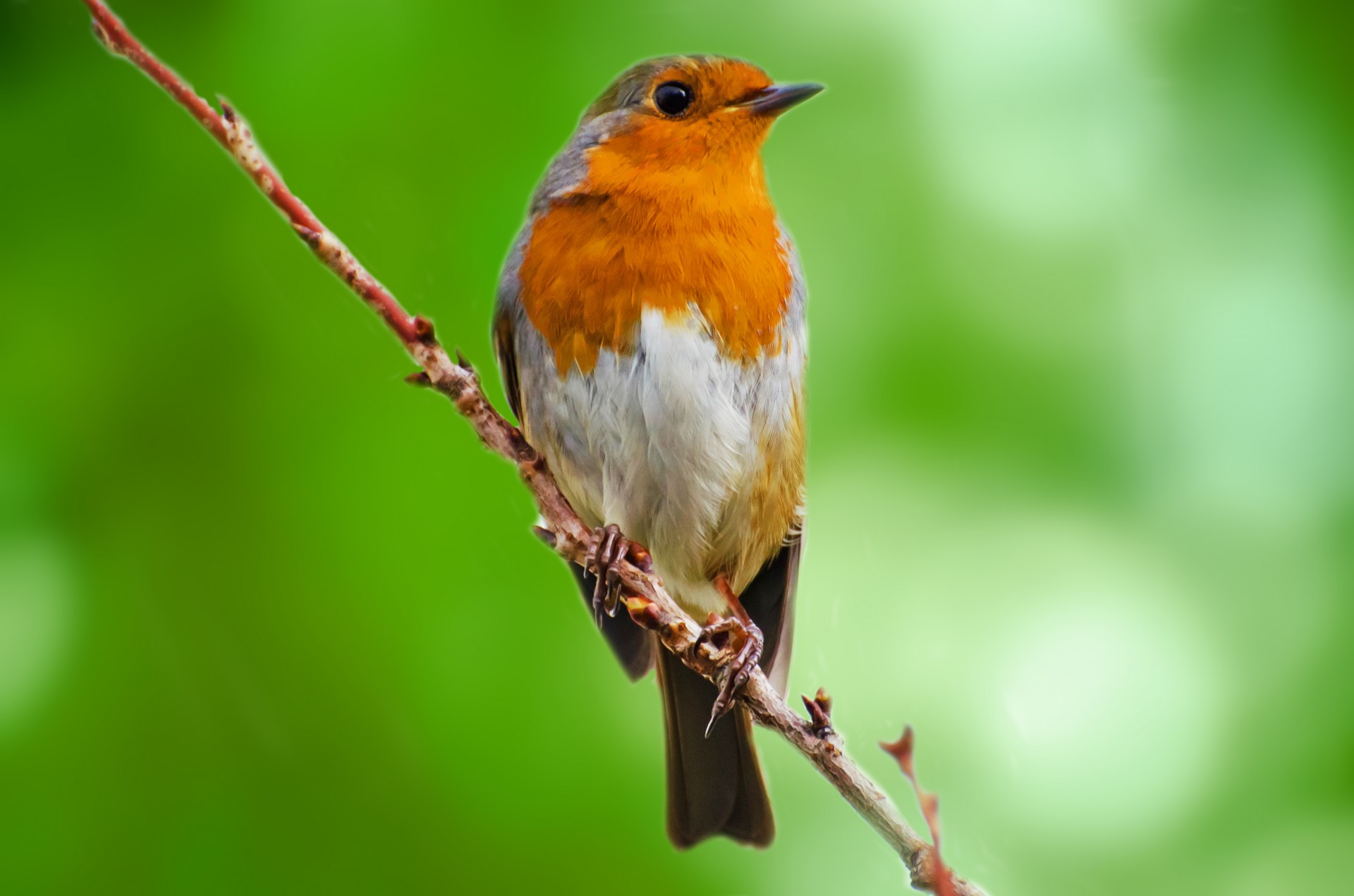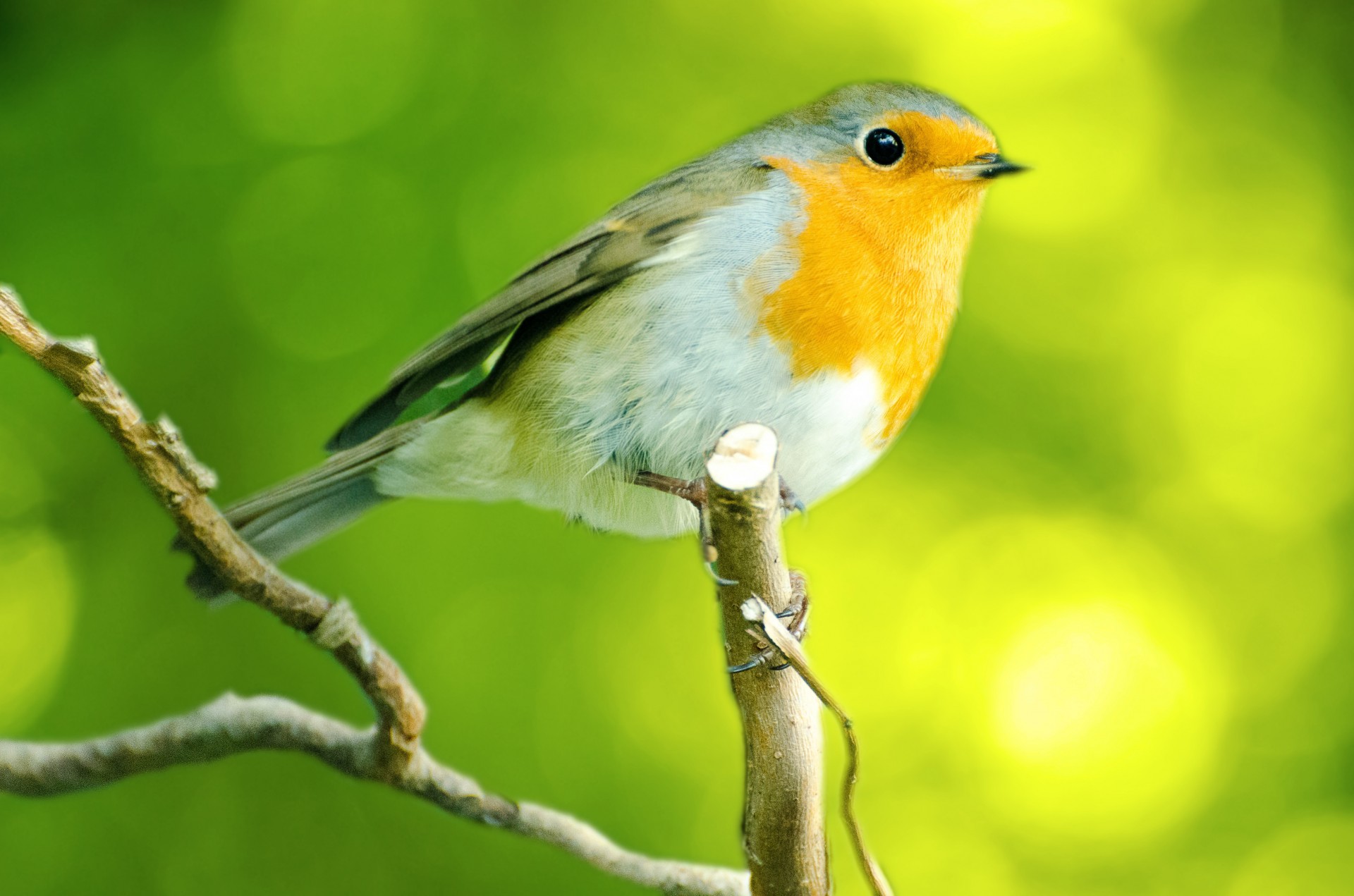Have you ever been out on a spring morning and heard a rich, musical trill echoing across the marshes or fields? That might just be the red-winged blackbird making its presence known. These birds are some of the most vocal and recognizable in North America, especially during the breeding season. Their calls serve multiple purposes—from staking out territory to attracting mates—and learning to identify them can open up a whole new layer of appreciation for nature. Whether you're a birdwatcher, a nature lover, or someone simply curious about the sounds around you, understanding bird calls red winged blackbird can be both rewarding and surprisingly useful.
The red-winged blackbird is more than just its striking black feathers and red shoulder patches. It’s a key part of wetland and grassland ecosystems, and its vocalizations offer insight into its behavior and environment. Bird calls, especially those of the red-winged blackbird, are not just background noise—they're a language in their own right. In this article, we’ll dive into what makes their calls unique, how to recognize them, and why paying attention to these sounds can deepen your connection with the natural world.
So whether you’re out hiking, jogging near a marsh, or just sitting in your backyard with a cup of coffee, learning to recognize the bird calls red winged blackbird makes can bring a new level of awareness to your surroundings. And the good news is, you don’t need to be a seasoned birder to start—just a little curiosity and a willingness to listen closely.
- How The Kunle Afolayan Kids Are Shaping The Future Of Nigerian Cinema
- John Fury Net Worth Wiki Age Weight And More
- Archduchess Marie Valerie Of Austria
- The Mount Edith Whartons Home
- Unveiling Tyler The Creators Height How Tall Is Tyler
Table of Contents
- What Are Red Winged Blackbirds?
- Why Do Red Winged Blackbirds Call?
- Recognizing Red Winged Blackbird Calls
- How to Attract Red Winged Blackbirds to Your Area
- Frequently Asked Questions
What Are Red Winged Blackbirds?
Red-winged blackbirds are one of the most commonly seen birds in North America, especially in wetland habitats. Males are easy to spot with their glossy black feathers and bright red and yellow shoulder patches, while females are more subdued, with streaked brown coloring. These birds are often found in marshes, open fields, and along the edges of waterways. They’re highly social, often gathering in large flocks outside of the breeding season, and are known for their bold, territorial behavior when nesting.
They’re also quite adaptable. You’ll find them not just in wild areas, but also near farmland and even urban parks. Their diet consists mainly of seeds and insects, which makes them important for controlling pest populations during warmer months. But it's not just their appearance or diet that makes them special—it's their vocal presence that really sets them apart.
Red-winged blackbirds are part of the Icteridae family, which includes other songbirds like cowbirds, meadowlarks, and orioles. Their calls are among the most commonly heard in the spring and early summer, especially in wetland habitats. If you've ever heard a bird singing from a cattail or perched on a fence post with a bold, ringing call, there’s a good chance it was a red-winged blackbird.
- Clearwater Beach Marriott Suites On Sand Key
- Ray Stevenson Height Weight Net Worth Age And Birthday A Detailed Profile
- Unveiling Natalie Imbruglias Family Legacy The Influence Of Elliot And Maxene
- Understanding The Legacy Of Zaho De Sagazans Father Olivier De Sagazan
- How To Understand Chrisean Rocks Miscarriage Exploring Complex Factors
Why Do Red Winged Blackbirds Call?
The red-winged blackbird’s call is more than just a pretty sound—it’s a form of communication. During the breeding season, males use their calls to establish territory and attract mates. Their songs are loud, clear, and unmistakable, often heard before the bird itself is spotted. But it's not just about romance. These birds also use calls to warn off rivals, signal danger, and maintain contact within a flock.
There’s a reason their calls are so noticeable: they need to be heard above the noise of the marshes and fields where they live. Their songs travel far, and each male may have a slightly different variation, making it easier for them to be recognized by others. It's not unlike how people have unique voices—birds have their own individual twists on the same basic call.
And it's not just males that vocalize. Females also make softer calls, especially when nesting or communicating with their young. These sounds might not be as loud or dramatic, but they're just as important for the survival of the species.
Recognizing Red Winged Blackbird Calls
If you’re trying to identify bird calls red winged blackbird makes, the most common one is the “conk-la-reee” song. It starts with a sharp “conk” followed by a musical trill. This call is usually delivered from a high perch like a cattail, fence line, or tree branch. Males often sing this song repeatedly to maintain their territory and attract females. It’s one of the first bird songs you’ll hear in early spring.
There are also a few variations of this call. For example, in aggressive encounters with other males, the red-winged blackbird might give a shorter, harsher version of the song. When alarmed, they make a series of sharp “check” notes, sometimes followed by a scolding chatter. These calls are often heard when a predator is nearby, like a hawk or a cat.
Here’s a quick breakdown of the main types of calls you might hear:
- Song: “Conk-la-reee” – used during courtship and to defend territory.
- Flight Call: A short “check” or “chack” sound, often used during short flights or when alarmed.
- Aggressive Call: A harsher, clipped version of the song, used when defending territory from other males.
- Alarm Call: Rapid chattering or clicking sounds, indicating danger or agitation.
Learning these calls takes practice, but with time, you’ll start to recognize the differences. Apps like Merlin Bird ID or Audubon Bird Guide can help you match the calls you hear with the correct species. You can also find recordings online or in birding field guides.
Here’s a helpful resource from All About Birds with audio examples of red-winged blackbird calls.
How to Attract Red Winged Blackbirds to Your Area
If you’d like to see and hear more red-winged blackbirds near your home, there are a few things you can do to make your yard or garden more appealing to them. Since they prefer open habitats like wetlands and grasslands, creating a space with native vegetation and a nearby water source can help attract them.
Here are some tips to encourage red-winged blackbirds to visit your area:
- Plant native grasses and wildflowers: These provide both food and shelter. Red-winged blackbirds feed on seeds and insects, so a diverse landscape will support their diet.
- Maintain a water source: A small pond, bird bath, or even a shallow dish of water can be a draw, especially during the breeding season when they need water for themselves and their young.
- Avoid pesticides: These chemicals can reduce the availability of insects, which are a vital food source during nesting season.
- Minimize disturbances: Red-winged blackbirds can be quite territorial. If they’re nesting nearby, avoid mowing or trimming too close to their habitat.
Keep in mind that while they may come to your yard, they’re not typically backyard feeder birds like chickadees or finches. Their preference for open, wetland areas means they’re more likely to be seen in larger spaces rather than small urban gardens. But if you live near a marsh or field, there’s a good chance you’re already hearing them regularly.
Want to learn more about attracting native birds to your space? Learn more about attracting birds in our full guide.
Frequently Asked Questions
What does the red-winged blackbird’s call sound like?
Their most common call is the “conk-la-reee” song, which starts with a sharp note followed by a musical trill. It’s loud and carries well across fields and marshes.
When do red-winged blackbirds sing the most?
They’re most vocal during the spring and early summer breeding season. Males can be heard singing from dawn to dusk, especially in the early morning hours.
Are red-winged blackbirds aggressive?
Yes, especially males during breeding season. They’re known to aggressively defend their territory, sometimes even dive-bombing humans or animals that get too close to their nests.
Related Resources:



Detail Author:
- Name : Ms. Sadye Schulist III
- Username : king.rowena
- Email : hhuel@gmail.com
- Birthdate : 1999-01-01
- Address : 6522 Emmerich Glen New Lilymouth, IL 92104
- Phone : +1-279-912-2898
- Company : Mueller LLC
- Job : Chemical Equipment Tender
- Bio : Provident enim repudiandae necessitatibus et aut rerum ea. Aut fugiat perferendis tempora quo. Voluptatem perferendis est libero quo nostrum corporis ea. Praesentium hic in qui.
Socials
instagram:
- url : https://instagram.com/maud_abbott
- username : maud_abbott
- bio : Voluptate et vitae velit est totam. Aliquam reprehenderit reiciendis earum voluptas quam et.
- followers : 728
- following : 2783
facebook:
- url : https://facebook.com/maud_dev
- username : maud_dev
- bio : Facere accusamus quibusdam facere sit qui.
- followers : 1324
- following : 2423
tiktok:
- url : https://tiktok.com/@abbott2020
- username : abbott2020
- bio : Sit sunt placeat sit deserunt.
- followers : 4927
- following : 145